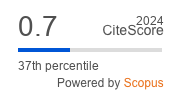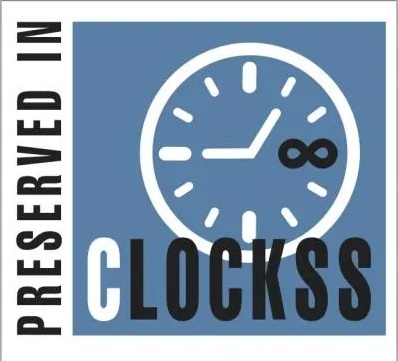Assessment of Thyroid Functions in Multiple Sclerosis Patients Treated with Disease Modifying Therapies
Thyroid Functions in Multiple Sclerosis
DOI:
https://doi.org/10.47723/kcmj.v19i2.1037Keywords:
Multiple sclerosis, thyroid function tests, thyroid autoantibodies, interferon betaAbstract
Background:
Multiple sclerosis is a chronic disease believed to be the result of autoimmune disorders of the central nervous system, characterised by inflammation, demyelination, and axonal transection, affecting primarily young adults. Disease modifying therapies have become widely used, and the rapid development of these drugs highlighted the need to update our knowledge on their short- and long-term safety profile.
Objective:
The study aim is to evaluate the impact of disease-modifying treatments on thyroid functions and thyroid autoantibodies with subsequent effects on the outcome of the disease.
Materials and Methods:
A retro prospective study enrolled 45 patients who were registered and diagnosed in the Multiple Sclerosis Clinic according to the revised McDonald criteria (2017). Blood samples for thyroid functions and thyroid autoantibody tests were taken before, 3 months and after 6 months from the start of disease modifying therapy. The Expanded Disability Status Scale was used to assess the severity of the disease before and after 6 months of receiving treatment.
Results:
45 patients with the mean age of 33.3 years, a standard deviation (SD) of ± 9.5 years were enrolled in this study. (64.4%) patients’ age was between 20 - 39 years.
The mean free T3 decreased significantly, while the mean anti-TPO and anti-TG increased after three months compared to its baseline level.
After six months of treatment, the mean free T4 decreased significantly, while the mean TSH increased compared to its baseline level. There were no statistically significant correlations between the baseline (EDSS) score and after 6 months of therapy.
Conclusion
Thyroid hormone dysfunction and thyroid autoimmune antibody levels that changed in response to interferon beta therapy in patients with multiple sclerosis may be temporary and not associated with poor outcomes.
Downloads
Published
Issue
Section
License
Copyright (c) 2023 AL-Kindy College Medical Journal

This work is licensed under a Creative Commons Attribution 4.0 International License.














